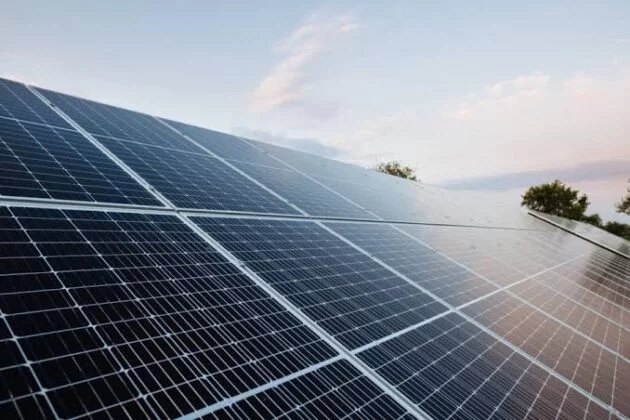Last Updated on March 8, 2024 by Saira Farman
In the quest for sustainable and renewable energy sources, solar power has emerged as a front-runner. With the advances in solar technology, not only can we capture solar energy, but we can also store it for later use. This capability is crucial, especially considering the intermittent nature of solar power. In this article, we delve into the innovative world of solar energy storage solutions, focusing on batteries and backup systems.
Table of Contents
The Role of Batteries in Solar Energy Storage
Solar batteries play a pivotal role in energy storage systems – they store excess energy generated by solar panels during peak sunlight hours. This stored energy can then be used during the night or on cloudy days, ensuring a consistent energy supply.
Types of Solar Batteries include:
- Lead-Acid Batteries: These are the traditional type of batteries used in off-grid solar systems. They are known for their high power output and lower cost but have a shorter lifespan and lower energy density.
- Lithium-Ion Batteries: These have become increasingly popular due to their higher energy density, longer lifespan, and compact size. They are more efficient and have a faster discharge rate compared to lead-acid batteries.
Backup Systems: Ensuring Energy Reliability
Backup systems are essential for maintaining energy supply during power outages or when solar energy production is low. They typically involve a combination of batteries, inverters, and sometimes, generators.
Key Components of Backup Systems include:
- Inverters: These devices convert the stored DC energy in batteries to AC power, which can be used by home appliances.
- Generators: In extended periods of low sunlight, generators can supplement solar batteries, providing a continuous power supply.
Optimising Solar Energy Use
To maximise the efficiency of solar panels and the entire solar energy system, incorporating a solar power optimiser is crucial. These optimisers adjust the voltage from each solar panel, ensuring that each panel operates at its maximum potential. This is particularly beneficial in scenarios where panels are partially shaded or operating under different conditions.
Future of Solar Energy Storage
The future of solar energy storage is promising, with ongoing research and development. We are witnessing advancements in battery technology, including the exploration of alternative materials for higher energy density and longer lifespans. Moreover, the integration of smart technology and AI in energy storage systems is paving the way for more efficient and user-friendly solutions.
Final Thoughts
The integration of effective storage solutions like batteries and backup systems is essential in making solar energy a reliable and consistent power source. By leveraging these technologies and optimising our solar energy systems, we are taking significant steps towards a more sustainable and energy-independent future.






















